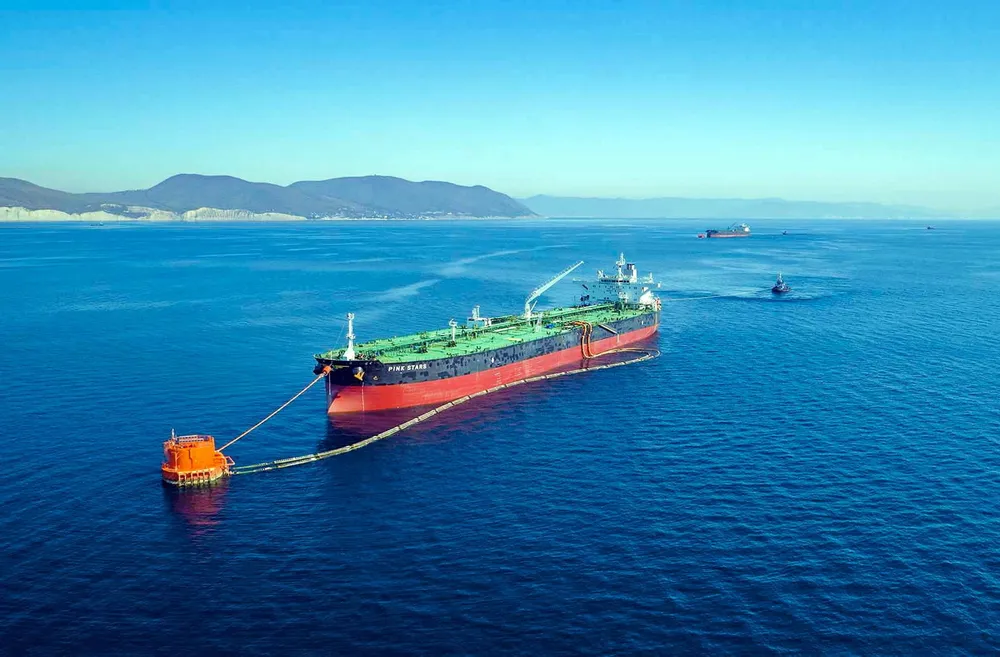Kazakhstan outlook downgraded to reflect export curbs
Kazakhstan has been facing challenges to oil export logistics due to reliance on Russia as a transit country

Kazakhstan has been facing challenges to oil export logistics due to reliance on Russia as a transit country
